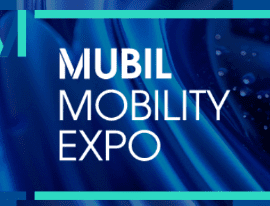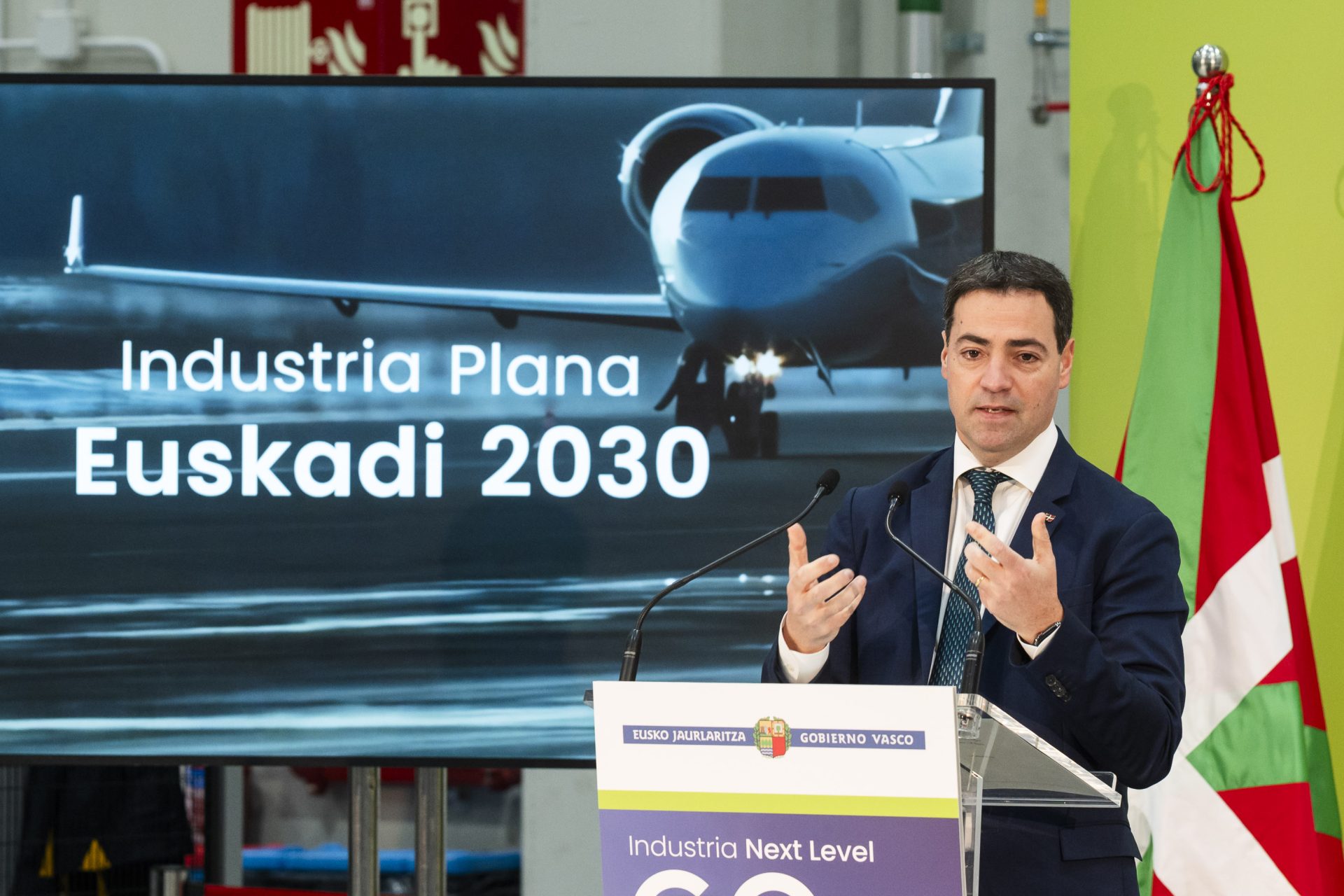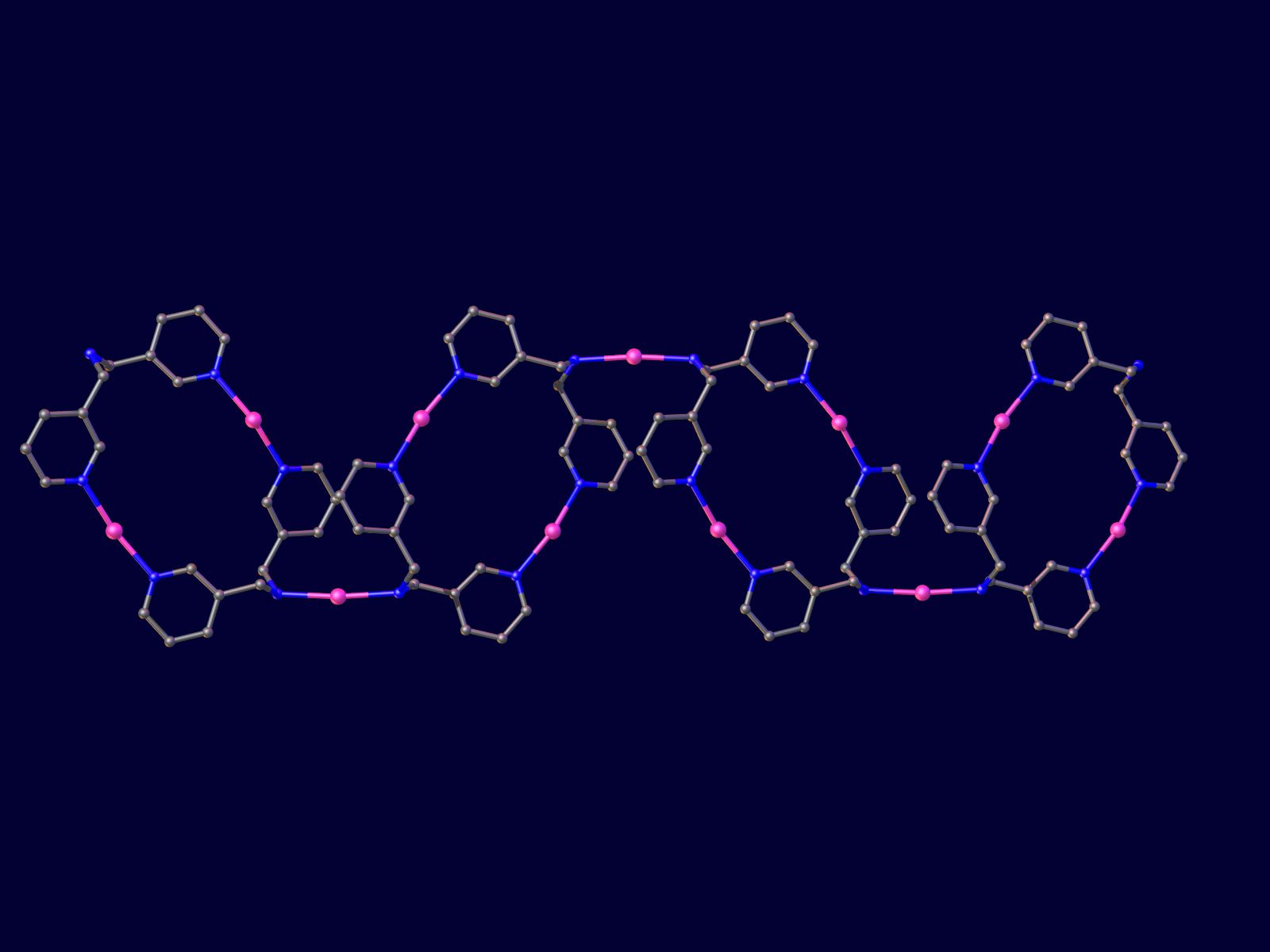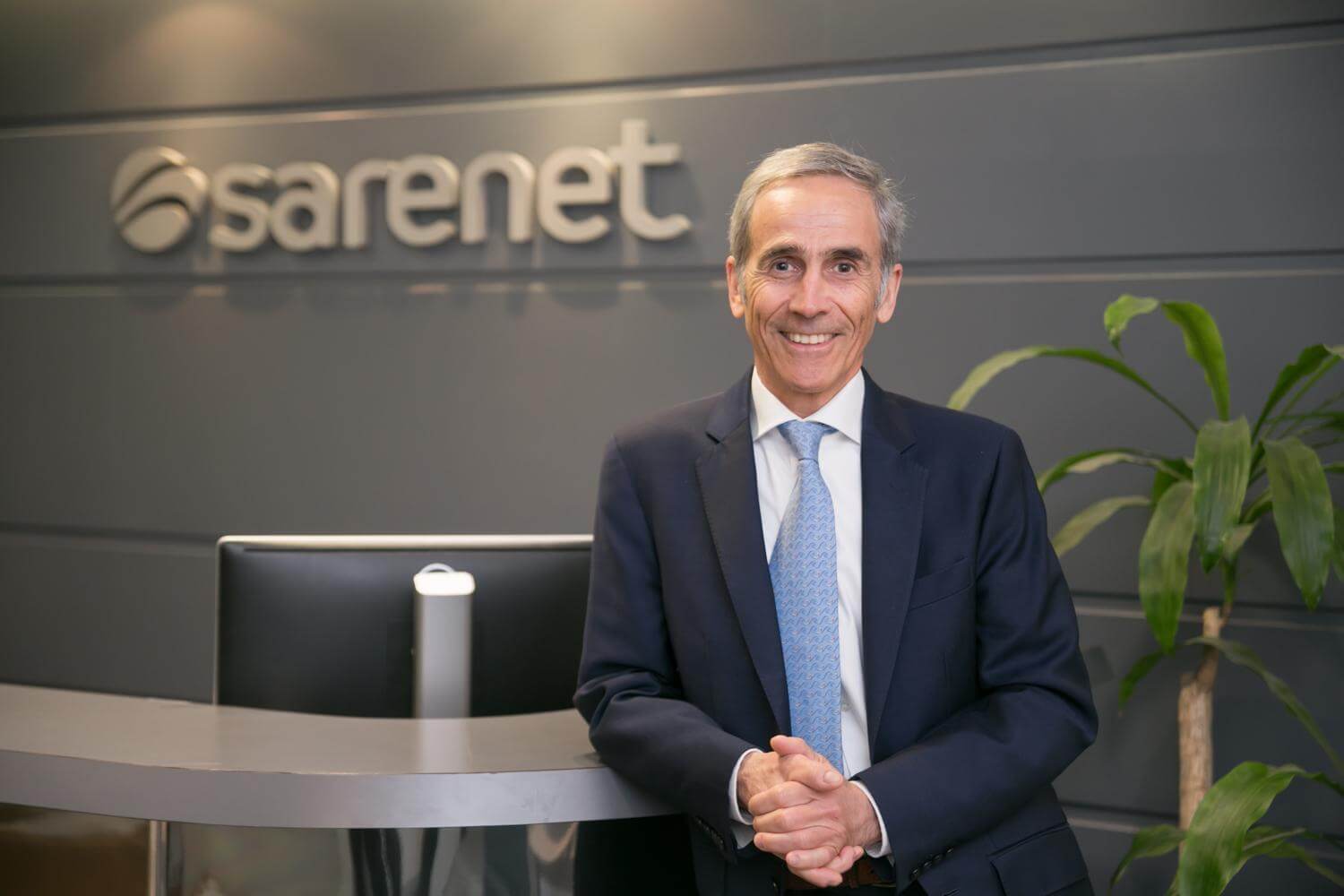BCBL traces the brain’s trail of memories
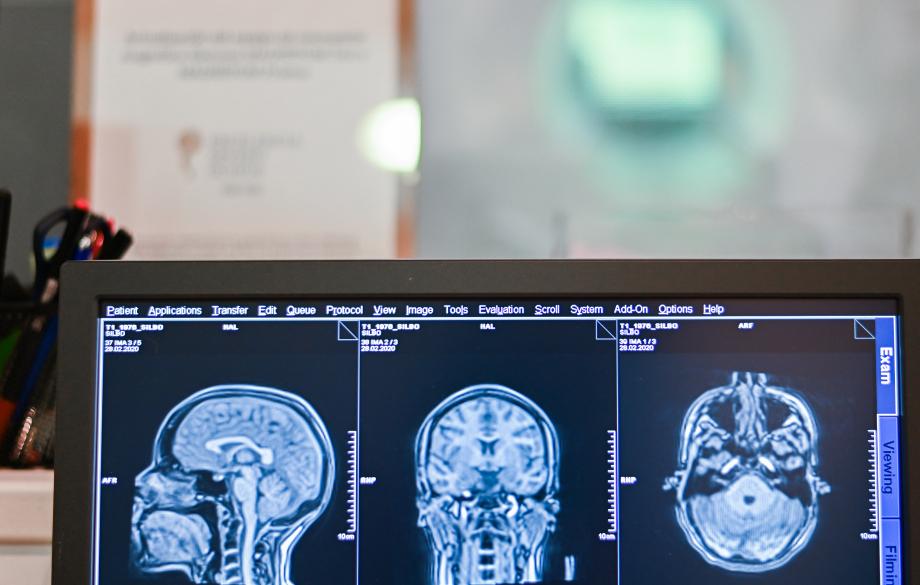
The Basque research centre is looking for volunteers aged between 18 and 45 to study how we consolidate new information in our memory.
The project will use magnetic resonance imaging to collect brain data from critical moments in the process, such as the first time we see something or when it has already become a memory.
Those interested in participating can get in touch via fuerzadememoria@bcbl.eu or via WhatsApp on 663 69 45 04 04.
From the moment we see something for the first time until it becomes a memory, information goes through a process that involves and implies the activation of different regions of our brain, from the visual cortex to the hippocampus, a key area in memory.
Analysing this memory consolidation and its critical phases is the challenge set by a new research project at the Basque Center on Cognition, Brain and Language (BCBL). The Basque centre specialising in cognitive neuroscience of language is looking for volunteers aged between 18 and 45 to monitor their brain activity throughout the acquisition and storage of new information.
The study, with a longitudinal approach, aims to identify patterns of hippocampal connectivity with other brain regions as a function of factors such as recall delay interval, memory intensity and visual complexity of the learning target.
‘Although memory has been constantly studied, we still do not know precisely the specific brain mechanisms that allow us to consolidate memories, from the moment we see something for the first time until we manage to remember it,’ explains Abraham Sánchez, BCBL researcher and head of the study.
To shed light on this, the research will use magnetic resonance imaging to record the critical moments in the memory consolidation process: the first glimpse of new information or when it has already become a memory, in this case 24 hours after learning it.
Relevance in clinical practice
Participants will go through a learning phase and a recognition phase inside the MRI. ‘They will see images of new objects on the screen, which do not exist in real life, and they will have to learn them. After a 10-minute break, they will see new objects and will have to answer whether they have seen them before or not and how sure they are about them,’ says the BCBL researcher.
Those who cooperate will return to the centre the next day to perform the same MRI recognition task, as well as a series of additional behavioural tasks to measure their attentional, memory and reasoning abilities.
The results of the recorded brain data will, according to Kepa Paz-Alonso, BCBL researcher and director of the study, have the potential to guide clinical practice in the diagnosis and treatment of different conditions that affect memory performance, such as Alzheimer’s, Parkinson’s or other neurodegenerative diseases. ‘By providing details of brain activation throughout the process of consolidation and recognition of new visual information, the research will provide the scientific community with a better understanding of the mechanisms involved in these abilities,’ concludes the expert.
Those interested in participating in the BCBL project can contact via email at fuerzadememoria@bcbl.eu or via WhatsApp on (+34) 663 69 45 04 04. The tests are paid and will also provide participants with additional information about their memory capacities.
The project is funded by the Agencia Estatal de Investigación (AEI) through its grants for the Training of Research Personnel (FPI), in addition to the Severo Ochoa grant for centres of excellence, awarded to BCBL by the Ministry of Science and Innovation of the Government of Spain.
